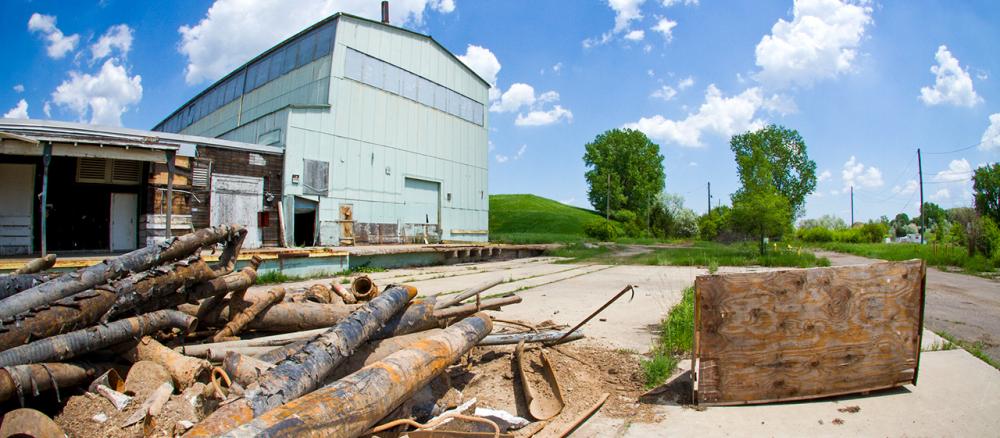The U.S. Army, U.S. EPA, and MPCA signed a record of decision (ROD) in September solidifying the selected remediation strategy for Round Lake, which is contaminated with metals and polychlorinated biphenyls. The lake is located within the Twin Cities Army Ammunition Plant (TCAAP) Superfund site in Arden Hills. The plant operated from 1942 to 1981 — a time when there were few laws governing the disposal of chemicals. The Army disposed of industrial wastes with accepted practices at the time, including on-site dumping, burial, and open burning. The manufacturing processes and historical disposal areas at the facility caused contamination of groundwater, soil, sediment, and surface water.
During this time, a storm sewer brought stormwater from the southwest corner of the former TCAAP area into Round Lake. The stormwater carried hazardous substances discharged from the TCAAP operations. As a result, there were lasting and residual impacts to sediment quality in the lake.
The Army proposed a plan for addressing the sediment in Round Lake; the ROD signing finalizes the plan. The Army will dredge contaminated sediments from Round Lake and dispose of them at an offsite disposal location. The Army is funding this remedy. This clean-up strategy was one of several options considered in a feasibility study completed in 2021 and reviewed by various project partners, including the MPCA. Dredging and offsite disposal provides a more permanent risk reduction and clean-up strategy compared to other technologies considered. The signing of the ROD is a major milestone in the Superfund remediation process. Next steps include designing the dredge project and implementation. Learn more on MPCA’s TCAAP web page or access major documents on Army’s TCAAP web page.
